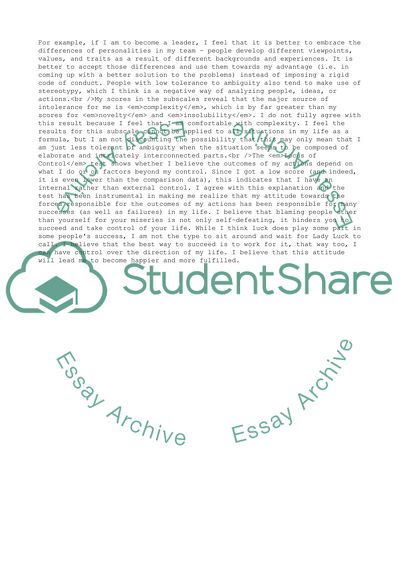Cite this document
(Self-Assessment Issues Case Study Example | Topics and Well Written Essays - 2000 words, n.d.)
Self-Assessment Issues Case Study Example | Topics and Well Written Essays - 2000 words. https://studentshare.org/management/1505462-a-personal-assessment-using-self-assessment-inventories
Self-Assessment Issues Case Study Example | Topics and Well Written Essays - 2000 words. https://studentshare.org/management/1505462-a-personal-assessment-using-self-assessment-inventories
(Self-Assessment Issues Case Study Example | Topics and Well Written Essays - 2000 Words)
Self-Assessment Issues Case Study Example | Topics and Well Written Essays - 2000 Words. https://studentshare.org/management/1505462-a-personal-assessment-using-self-assessment-inventories.
Self-Assessment Issues Case Study Example | Topics and Well Written Essays - 2000 Words. https://studentshare.org/management/1505462-a-personal-assessment-using-self-assessment-inventories.
“Self-Assessment Issues Case Study Example | Topics and Well Written Essays - 2000 Words”. https://studentshare.org/management/1505462-a-personal-assessment-using-self-assessment-inventories.


